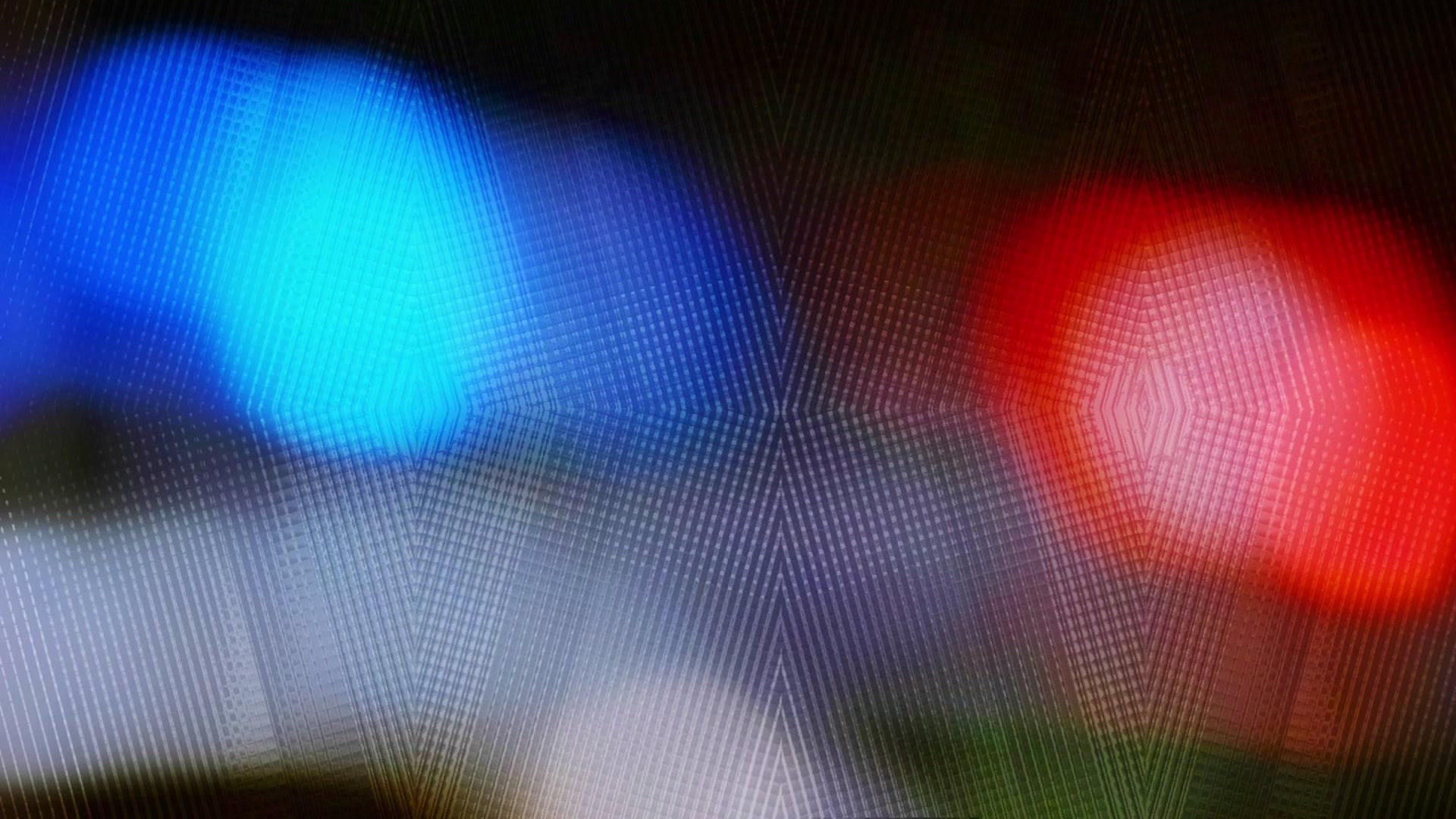History has been made at the Mesquite Police Department with its first Black Sergeant since the department was founded in 1952. Growing up to become a police officer was not in the plans for Sergeant Torrey Rhone.
“I grew up in Los Angeles in the '80s and '90s and, you know, it was a very tumultuous time. I lived through Latasha Harlins being killed at the liquor store. I lived through the Rodney King incident. I lived through the 92 riots,” said Rhone.
Then his fraternity brother was murdered, and he felt the need to wear the uniform and badge. In 2007 Rhone joined the Mesquite Police Department. Just last week he became the first Black Sergeant since the department’s founding 69 years ago.
“It’s kind of known in the police department, especially among African American rank here that nobody has ever achieved or broken that glass ceiling here at our department,” he said.
Get top local stories in DFW delivered to you every morning. Sign up for NBC DFW's News Headlines newsletter.
Sergeant Rhone steps into the role on the heels of a five-year push by former Chief Charles Cato to hire more Black, Latino and women officers. According to the U.S. Census, Mesquite is 26% Black or African American; comparable to the city of Dallas. Rhone said it was time for change, and his seat at the table with people in other management roles is critical.
“We are in turbulent times to be honest with you. And I fully understand as an African American man and a police officer, I understand the spectrum,” said Rhone. “I know what it’s like to go into neighborhoods and children of color running up to me saying hands up don’t shoot. But I also understand what it feels like to be afraid when you get pulled over by the police and not knowing what’s going to happen after you have that interaction.”
The journey here hasn’t been easy, but he said he was encouraged by his colleagues along the way. He hopes to do the same for those coming behind him.
Local
The latest news from around North Texas.
“I want my legacy to be something of a game-changer to certain extent,” said Rhone. "I think also a part of my legacy is to show young people that this is something that is really attainable and tangible. We need to be a representation of our community, and we can’t do that without reaching out to those young folks and saying 'You know what? I look like you.'”



